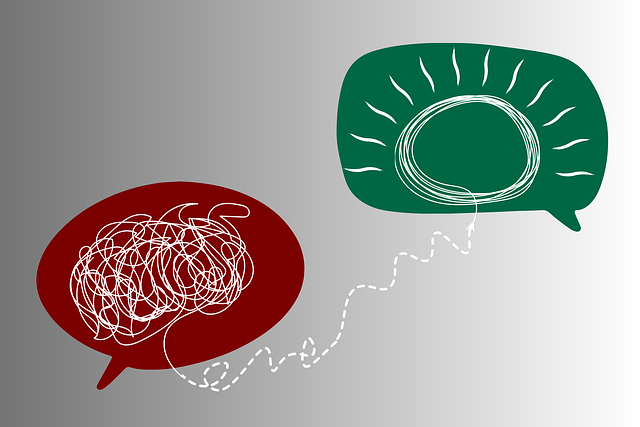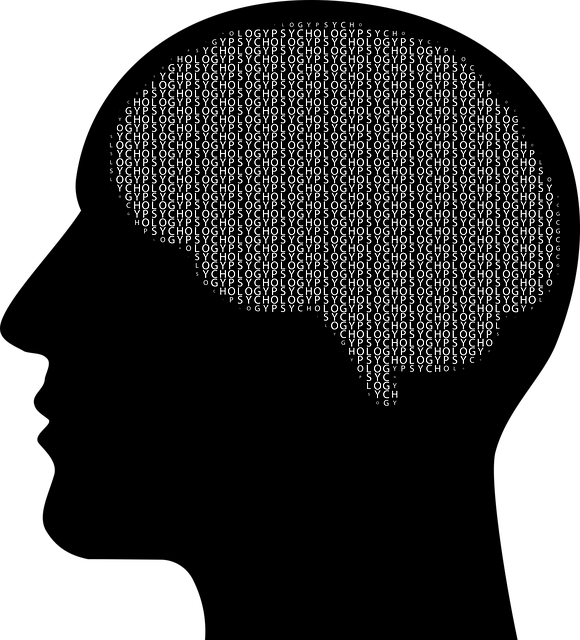Diagnosing mental illnesses accurately is challenging due to diverse symptoms and co-occurring disorders, influenced by cultural, personal, and environmental factors. Castle Rock Grief Counseling Therapy centers propose a multifaceted approach to enhance accuracy, including risk assessment training, empathy-building, mindfulness practices, and technology integration. By fostering open communication and self-reflection, this holistic method improves care quality, reduces burnout, and promotes timely interventions. Online tools and ongoing professional education further ensure accurate diagnoses, accessible care, and tailored treatment plans, leveraging Castle Rock Grief Counseling Therapy's innovative strategies.
Mental illness diagnosis accuracy is a critical area of focus in healthcare, with significant implications for patient outcomes. This article delves into the current challenges faced in accurately diagnosing mental health conditions, exploring innovative solutions and emerging strategies to enhance diagnostic precision. We highlight the unique contribution of Castle Rock Grief Counseling Therapy in refining assessment methods and discuss the potential of integrating technology in mental health screening. Additionally, we emphasize the importance of training and education in empowering professionals to make more reliable diagnoses.
- Understanding the Current Challenges in Mental Illness Diagnosis
- The Role of Castle Rock Grief Counseling Therapy in Accurate Assessment
- Innovative Approaches to Enhance Diagnostic Accuracy
- Integrating Technology for Better Mental Health Screening
- Training and Education: Empowering Professionals for Improved Diagnoses
Understanding the Current Challenges in Mental Illness Diagnosis

Diagnosing mental illnesses accurately is a complex task due to the diverse range of symptoms and their often-vague presentation. The current challenges lie in distinguishing between various disorders, especially when co-occurring conditions are involved. Many individuals seek help from Castle Rock Grief Counseling Therapy centers, but the nuances of human emotions and experiences can make diagnosis difficult. Mental health professionals must consider cultural factors, personal histories, and environmental influences that may impact a client’s mental state, adding layers of complexity to assessment processes.
Furthermore, the subjective nature of self-report measures and the potential for bias in clinical interviews contribute to diagnostic uncertainty. Enhancing accuracy demands a multifaceted approach, including training in risk assessment for mental health professionals, implementing robust risk management planning, and prioritizing empathy-building strategies during therapy sessions. These efforts aim to improve not only diagnosis but also the overall quality of care provided.
The Role of Castle Rock Grief Counseling Therapy in Accurate Assessment

In the quest for improving mental illness diagnosis accuracy, Castle Rock Grief Counseling Therapy emerges as a valuable tool. This therapeutic approach goes beyond addressing grief and loss; it integrates various techniques to uncover complex underlying issues. By fostering open communication and encouraging self-reflection, therapists can gain profound insights into an individual’s emotional state. Incorporating practices like mindfulness and stress reduction methods, often incorporated in Self-Care Routine Development for Better Mental Health, allows for a more nuanced understanding of the client’s experience.
The impact of Castle Rock Grief Counseling Therapy is twofold. Firstly, it enhances the assessment process by providing a safe space for individuals to express their feelings without fear of judgment. Secondly, it equips both clients and therapists with tools to navigate and prevent burnout, a significant concern in high-pressure mental health settings. Through this comprehensive approach, professionals can more accurately diagnose and treat mental illnesses, ensuring better outcomes for those seeking support.
Innovative Approaches to Enhance Diagnostic Accuracy

In recent years, efforts to enhance the accuracy of mental illness diagnoses have taken a more holistic approach, moving beyond traditional methods. Innovative strategies such as integrating Castle Rock Grief Counseling Therapy into mainstream practices are gaining traction. This therapy not only helps individuals process grief but also equips them with coping mechanisms, potentially reducing symptoms that might be misdiagnosed as other mental health conditions. By addressing underlying emotional trauma, this therapeutic method could significantly improve diagnostic accuracy and patient outcomes.
Additionally, the focus on burnout prevention and depression prevention within the context of mental illness diagnosis is becoming more prominent. Mental health professionals are increasingly recognizing the interplay between these issues and various mental disorders. Incorporating stigma reduction efforts into treatment plans can further enhance accurate diagnoses. By fostering an environment where individuals feel comfortable seeking help without fear of judgment, healthcare providers can ensure that signs and symptoms are properly evaluated, leading to more precise and timely interventions.
Integrating Technology for Better Mental Health Screening

Integrating technology into mental health screening has emerged as a powerful tool to enhance diagnosis accuracy and accessibility to care. Online platforms and mobile applications are now offering advanced assessment tools that can provide initial evaluations, reduce barriers to entry, and facilitate early intervention. These digital solutions employ evidence-based algorithms and artificial intelligence to analyze responses, identify patterns, and offer personalized recommendations for individuals seeking support. For instance, Castle Rock Grief Counseling Therapy has successfully utilized these tools to guide clients through self-assessment exercises, enabling therapists to tailor their approaches more effectively.
By incorporating technology, mental health professionals can access valuable data that aids in accurate diagnoses and tailored treatment plans. Additionally, it empowers individuals to take an active role in their mental wellness journey, providing them with resources for Inner Strength Development and Positive Thinking through features like Mental Wellness Journaling Exercise Guidance. This integration ensures a more comprehensive approach to care, catering to diverse needs in today’s digital landscape.
Training and Education: Empowering Professionals for Improved Diagnoses

Mental health professionals play a pivotal role in accurately diagnosing mental illness, and their training is an essential component to improving overall diagnosis accuracy. The field of Castle Rock Grief Counseling Therapy emphasizes the importance of ongoing education and skill development for therapists and counselors. Through comprehensive training programs, professionals can gain advanced knowledge about various mental health conditions, including subtle symptoms that may be easily overlooked. This enables them to ask the right questions, recognize complex presentations, and make more precise diagnoses.
By integrating compassion cultivation practices into their training, healthcare providers can enhance their ability to connect with clients on a deeper level. These techniques foster emotional well-being promotion strategies, reducing potential barriers in the therapeutic relationship. Additionally, burnout prevention strategies for healthcare providers are crucial components of effective training, ensuring professionals remain motivated and equipped to deliver high-quality care over an extended period.
Mental illness diagnosis accuracy has long been a complex challenge, but with innovative approaches like Castle Rock Grief Counseling Therapy, integrated technology, and enhanced training, significant improvements are within reach. By combining traditional assessment methods with modern tools, healthcare professionals can navigate the intricate landscape of mental health more effectively. This multifaceted approach ensures that individuals receive accurate diagnoses, leading to tailored treatments and improved overall well-being.













